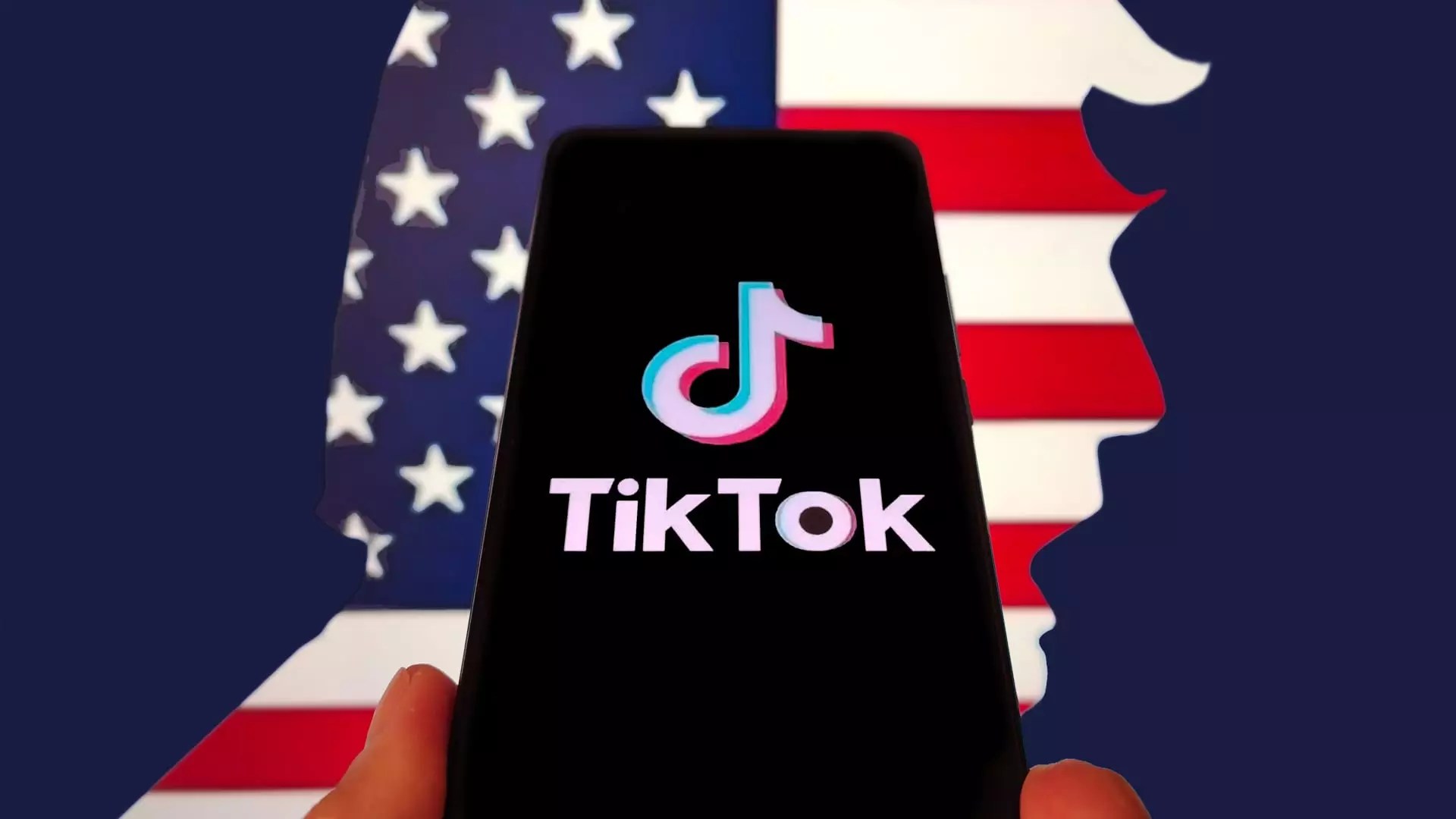The recent extension by President Donald Trump for ByteDance to divest TikTok’s U.S. operations signals more than just a regulatory delay; it underscores a calculated political tactic. By prolonging the window until December 16, the Trump administration effectively delays any decisive action that could threaten TikTok’s position in the American digital market. This move appears less about national security and more about wielding economic influence—an attempt to leverage negotiation tactics amidst a broader geopolitical contest with China. The multiple extensions reveal an internal indecisiveness or, perhaps, a desire to keep TikTok’s fate in limbo, thereby maintaining pressure on the Chinese side while placating domestic critics wary of outright banishing a favored platform.
The Deal as a Political Pawn in the U.S.-China Chess Match
The so-called “framework deal” involving Oracle, Silver Lake, and Andreessen Horowitz isn’t merely a contractual arrangement; it’s a symbolic battleground for influence. The narrative suggests a compromise that ostensibly protects American interests while allowing ByteDance to retain a significant stake in its U.S. business. Nonetheless, the realpolitik behind the scenes reveals a strategic dance of appeasement. China’s reluctance to relinquish control outright leads to a muddled outcome that favors American corporate influence under the guise of security. The involvement of high-profile investors and the ongoing talks between Trump and Xi Jinping indicate a broader diplomatic chess game, where economic concessions are exchanged for political stability and strategic positioning—nothing less than a display of power struggles masked as security concerns.
The Specter of Censorship and App Transition: A Divide Between Security and Control
The requirement for existing U.S. users to migrate to a new app raises eyebrows about true intentions. Is this merely a technical necessity or a more insidious attempt to control the flow of information and digital sovereignty? From a pragmatic standpoint, forcing users to switch apps seems like a maneuver to fragment TikTok’s user base, diluting its influence under artificial pressures. Such actions underscore an underlying desire to commodify digital spaces, where security concerns become a pretext for increased oversight and censorship. It’s a classic example of how technology’s political utility can be manipulated to serve domestic interests, often at the expense of individual freedoms and fair market competition.
The Underlying Power Play: A Center-Right Perspective
Viewing this scenario from a center-right wing liberal perspective, it becomes clear that this saga exposes a fundamental tension: safeguarding national interests without sacrificing economic freedom. While security must remain paramount, the relentless pursuit of banning or overly controlling platforms like TikTok risks giving too much power to government overreach, stifling innovation and free enterprise. The manipulated narrative of security threats sometimes acts as a smokescreen for protecting entrenched corporate and geopolitical interests. A more balanced approach would entail transparent negotiations that align America’s strategic goals with its economic principles, rather than yielding to fearmongering or heavy-handed tactics that threaten the vibrancy of its digital economy.
In essence, the conflict over TikTok embodies a complex negotiation of values—security, economic freedom, and international diplomacy. The ongoing debate exposes the vulnerabilities of America’s approach to tech regulation and underscores the importance of a pragmatic, centered strategy that defends liberty without capitulating to authoritarian overreach.

